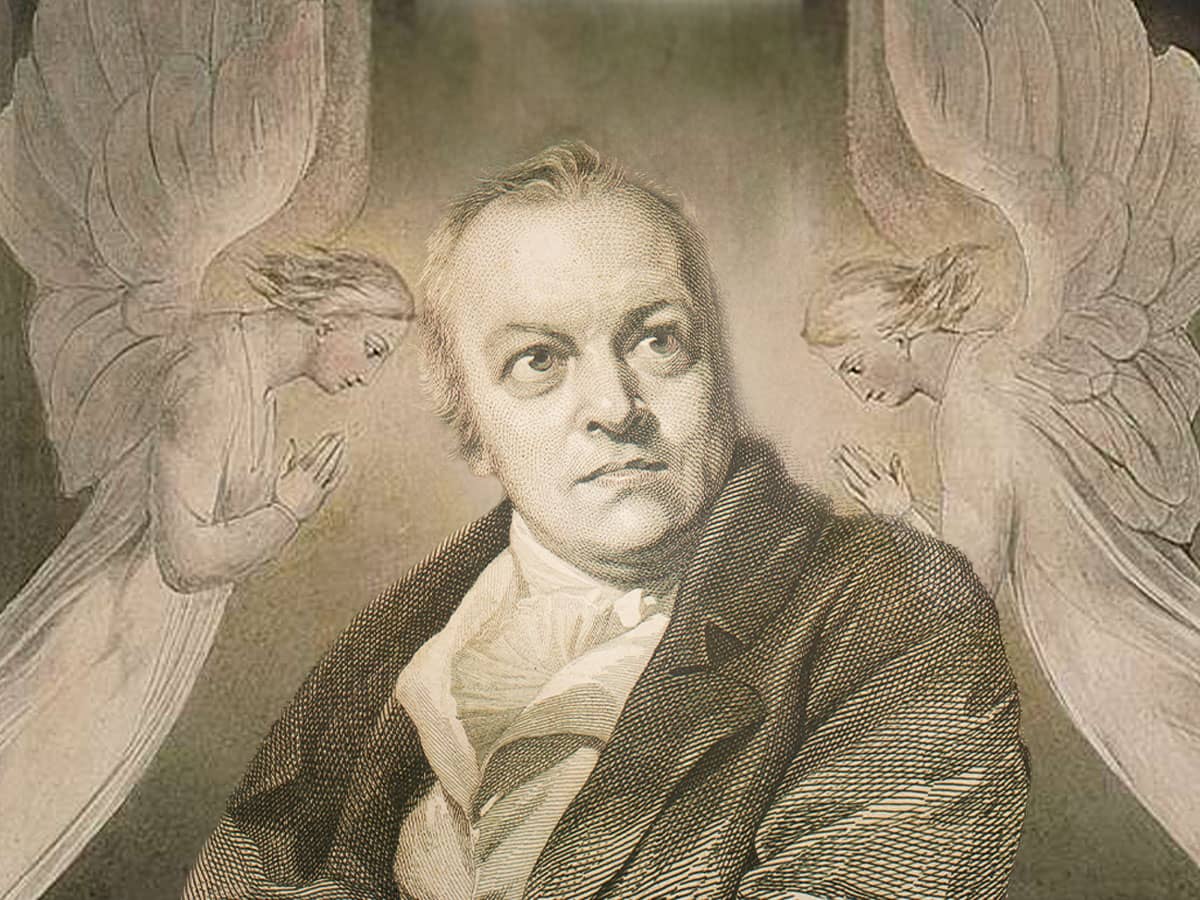
The stars shone bright in the blue-black sky that night as my twin-engine Beechcraft Baron airplane took off from the runway in Dunkirk, N.Y. Everything was in order, according to my instruments, and I settled in for the 20-minute flight back home to Erie, Pa.
I had just dropped my father off in Dunkirk, and now, all alone in the air, my thoughts drifted to the day we’d spent together. We’d flown down to North Carolina for the funeral of my sister-in-law’s father. He was a friend, but I still found it hard to pull myself away from work, even for a day.
I run a roofing business with my dad, brothers and sisters. It was doing pretty well when I started, but in the past few years it had expanded into dozens of locations across the country. Sure, I was happy that business was good, but there was a downside to our success. We had so many clients in so many different places, it was hard to keep track of them all. I liked to have my hand in the day-to-day goings-on, to make sure every job was done right. But now I was constantly on the move, hurrying from site to site, reviewing details with employees I hardly knew.
Things had been different in my father’s day. Back then, most business was settled with a handshake and a promise. Dad never tried to cut corners to save money or get a job done quickly. He took the time to do his best, and he always treated his customers and employees with respect and generosity.
I want to be that way, I thought, but it’s tough to do business these days. I knew contractors who cut corners left and right and barely finished one job before starting another one. What can I do? I thought. If I’m not as aggressive as my competitors, they’ll walk all over me. But deep inside, I wondered if that was really true. I’d been raised on the Golden Rule, and even though I thought of myself as a good man, I had to ask myself if I was living up to my end of the bargain.
I stared over the plane’s nose at the dark horizon. Any minute now, I’d see the runway lights from the airfield in Erie. I radioed the tower and was cleared for landing.
I checked the instruments once more. The needle of the left fuel gauge was much lower than the right. In a plane like mine, it’s not uncommon for one engine to use more fuel than the other. Between the two, I knew I had enough fuel to get as far as Cleveland, let alone cover the few minutes of flying I had left. But just as a safety precaution, I decided to use the cross-feed fuel mechanism, which would allow the left engine to share fuel with the right. No sooner had I leaned over to flick the switch than the plane gave a sickening lurch.
I’d been at about 3,000 feet when the engine died. How long would it take for me to fall? As the plane hurtled through the darkness my mind was surprisingly clear, my hands steady on the controls.
I called the tower to report that I wasn’t going to make it, and my voice was as calm as it had been when I called for clearance. It felt like the plane was being supported under its wings, guided to the ground even, while I did nothing more than watch the scene unfold. I saw a blur in front of me. Was it a tree or a building? Before I knew it my plane was sitting on the ground.
I unbuckled my seat belt and opened the cockpit door, then walked down an alley and around a corner, knowing where to go as surely as if I were being led. Behind me, I heard two huge, booming explosions. I collapsed on the ground as the thought hit me: I should be dead!
Within minutes, emergency units arrived and whisked me to the hospital. My only injuries were a few bruises and a slight burn on my shoulder, none of which I’d felt in the landing.
Witnesses said I had been heading directly for a gas station. If I’d hit that, the resulting explosion could have wiped out several city blocks. But only moments before impact, the plane had swerved, catching its wing on a tree. Instead of splitting up or skidding hundreds of feet as it should have, the plane came to rest in the empty lot of a welding shop, a space so small a stunt pilot couldn’t have landed there given a thousand tries. On one side of the crash site lived a family with seven children, on the other an elderly woman, and not 80 feet away there was the gas station.
As the full story got around, a hospital security guard asked to shake my hand. “I’ve always wanted to meet someone who was touched by an angel,” he said.
I considered the miraculous string of events that had saved my life, and decided that man just might be right. And I had a pretty good idea what God’s messengers were trying to tell me. I didn’t have to worry about my competitors or about staying on top of my business. As long as I was doing the best I could and treating people right, God would see me through the rough patches and guide me to safety.
When I went back to work a few days later, I decided to take things a little slower, to treat my employees as I’d want to be treated myself, and not to worry as much. So far, business has never been better.

